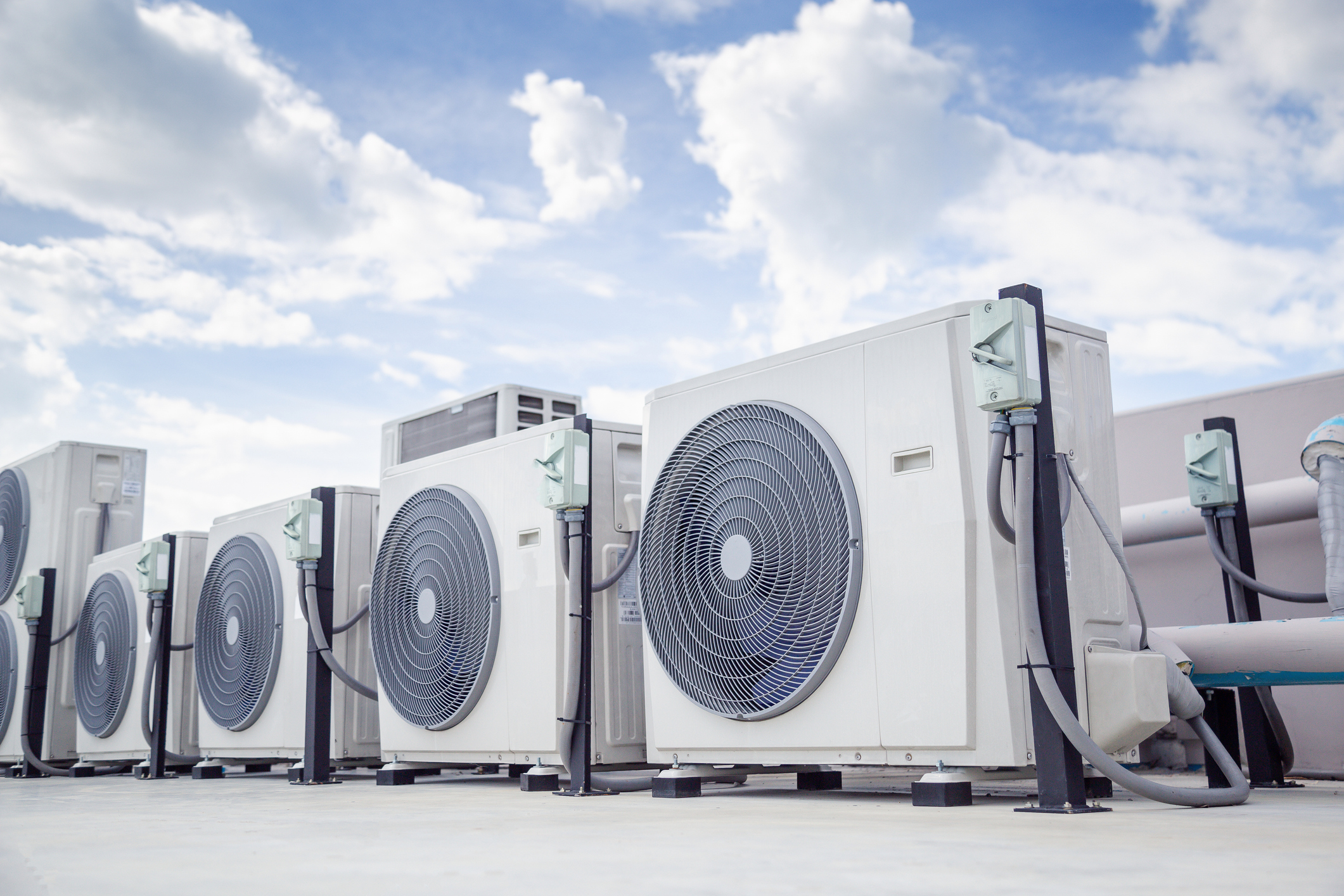As most of the U.S. gears up for a hotter than average summer, many might be inclined to stay inside and crank up the AC.
But air conditioning has a big environmental footprint. “Air conditioners are not the most climate friendly solutions because they’re extremely energy intensive, they use a whole order of magnitude more electricity than fans, and because they’re so energy guzzling, they place quite a large strain on the [fossil fuel] electricity grid,” says Radhika Khosla, associate professor at the Smith school of enterprise and environment at Oxford University.
[time-brightcove not-tgx=”true”]
Air conditioning accounts for 7% of global electricity and 3% of carbon emissions—the International Energy Agency estimates that electricity for cooling produced 1 billion metric tons of CO2 in 2022. That’s roughly equivalent to Japan’s annual emissions. During heat waves, when everyone is cranking down the temperature, cooling demands can put significant strains on energy systems.
However, that doesn’t mean you have to suffer through the sweltering heat. Experts say that, during a heat wave, there are ways to both keep cool and reduce your environmental impact.
Make sure your unit is clean
If your air conditioning system is not well-maintained, it will block the flow of air, and require more energy to run, says Yunho Hwang co-director of the Center for Environmental Energy Engineering at University of Maryland. “If the filter is not [clean], then air flow rate will be decreased, and that means the inefficient operation of the cooling system and so on.”
Read more: How to Keep Your Home Cool in Extreme Heat
“Pre-cool” your home
Hwang suggests pre-cooling your home four to six hours before peak temperatures. Starting from a lower base temperature helps reduce the amount of energy needed to cool your home before the heat outside makes things too uncomfortable—doing so also reduces the energy demands on power grids during peak hours. “Because the building has a larger thermal mass, your building can hold the coolness for a while,” he says. If your system has one, you can also use a timer to ensure your air conditioning isn’t running beyond what’s needed, especially if you’re not home.
Decarbonize your grid
Many electric grids are run on fossil fuels, which emit greenhouse gasses. By using fossil fuels to power ACs, only worsens the global warming that is causing the surge in demand for air conditioning.
“We’re therefore stuck in a vicious cycle where you have air conditioning use as a way to [adapt] against heat, but that same mitigation solution is one that is actually causing the problem and exacerbating it,” says Khosla.
But fossil fuels are not the only option. Many utility companies in the U.S. are beginning to offer consumers the option to switch to green energy suppliers. Widespread adoption of grid decarbonization would help significantly reduce the emissions of air conditioning, especially when coupled with a wind down of climate-warming gases used in cooling equipment, according to a 2023 Global Cooling Watch report published by the United Nations, on which Khosla was a lead author.
Consider other options
There are many other ways to keep cool and prevent your AC from working overtime. If your home gets a lot of sun, think about drawing the blinds or curtains to stop excess heat from entering.
Make sure you have ventilation, whether you’re running a fan or cracking open a window. “Always use a ceiling fan…because that helps for air circulation around people, and also that cools down your body so that you don’t need to lower the room temperature as low,” says Hwang.
As global temperatures continue to rise, it’s imperative that we rethink how we address and manage heat. “Our response to extreme heat is going to be one that will need to be holistic, and it cannot be one where one solely relies on the air conditioner, because that is not going to be a long term solution,” says Khosla. “The more awareness and investments that can be made up front in infrastructural design solutions and in technological approaches around energy efficiency, the more resilient we’re going to be in mitigating and adapting to these extreme temperatures that are coming.”

